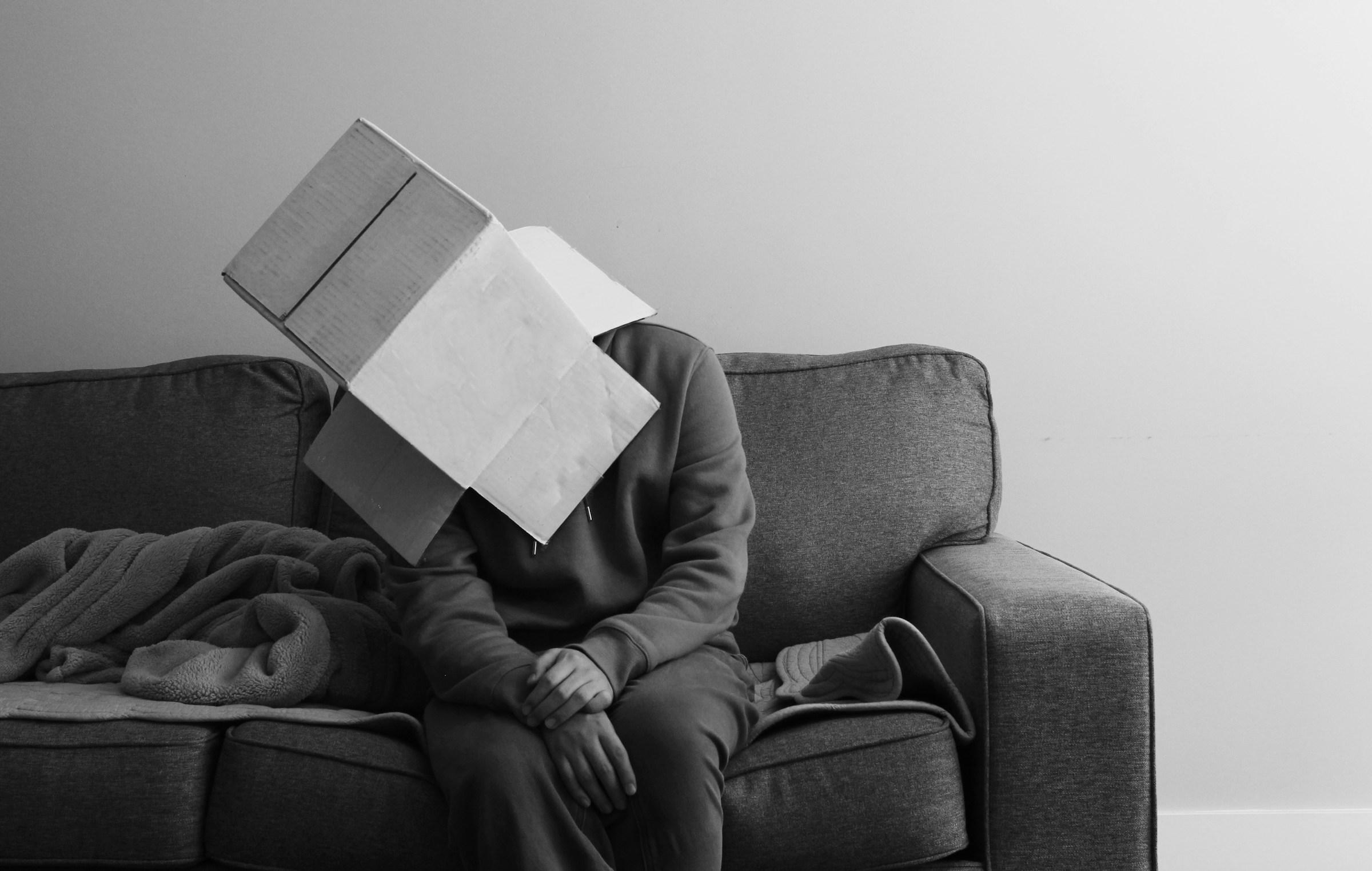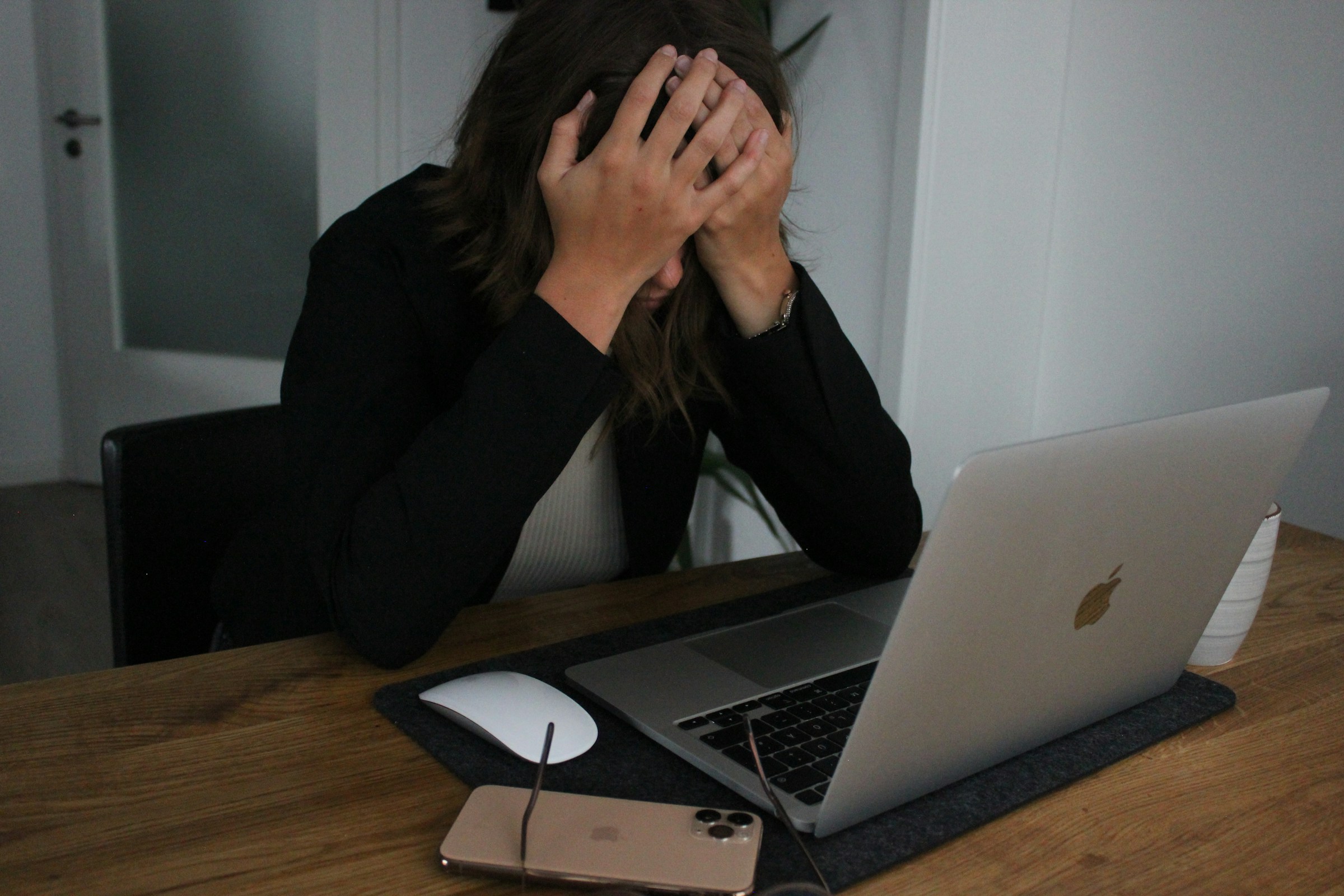
Nearly all parents will experience increased stress levels after having children. Caring for a child, increased household chores and financial pressures pile on the pre-child stressors of work, social and partner relationships. When the stress and worry become overwhelming and unmanageable it can lead to parental burnout. In the Western world about eight percent of parents experience parental burn out. The main symptoms are emotional and physical exhaustion, feeling not being as good as a parent as one used to be, feeling overall fed up with being a parent and emotionally disconnecting from your child.
Parental burnout is on the rise, and it is affecting women more than men as mothers tend to carry the main burden of the child care while often also having to go to work. While parental burnout is the extreme end of parental stress many parents will experience one or all of these symptoms to a certain extend. About 40% of parents feel that their tiredness and stress prevents them from being the parent they want to be.
So what can you do to avoid parental burnout? There are quite a few things you can do prevent stress levels getting out of hand. It is not necessarily about big dramatic actions. Most of what you need to do are small daily steps to better manage and control your parental stress. The big thing is you need to look after yourself which most parents find difficult or selfish. It is often hard during a busy day for parents to take out time for themselves. However, doing so does not only benefit parents but also the children.
The first step is to be less critical about yourself and accepting that good enough is good enough. You will make mistakes, but you do the best you can for your children and family. This requires exercising self-compassion and looking at yourself like your best friend. Tell yourself what you would tell your best friends about parenting. You would most likely tell them that they fine with their parenting and problems exist in all families. Use self-affirmation to make yourself feel better about your parenting and most importantly do not beat yourself up. They key is to accept that you are doing the best you can and that your family loves you for it.
You also need to internalise that parental self-care is not selfish or a luxury but a necessity for happier family life. If you are beating yourself up, feeling stressed and irritable you will find it much harder to be the parent you want to be. Stress will make you irritable and more likely to shout at your children.
Parental self-care includes scheduling and taking time out for yourself to do things you want to do or like doing. This includes seeing friends, going to the gym, doing yoga or pilates, listening to blogs or reading or listening to music you like. Go outside and take a walk in green environments. Take your shoes off and ground yourself in nature.
Adopt mindfulness in your daily life. Make time for a daily 10 to 15 minutes meditation. Include gratefulness by thinking and savouring small things that happened during the day for which you are grateful. Use self-affirmation to tell yourself as you would tell your best friend what a good parent you are. That you are doing the best you can and that your family loves you for it.
There are other learnings from being mindful. Be in the moment and focus on the task at hand. When you are with your children and family focus on them. When you at work focus on your work. Don’t dwell on about the or the past or worry about the future. Do the best you can in the here and now.
Parenting is stressful and there is no perfection in parenting. You can only be the best parent you can be. Practicing self-care will get you into that mindset and taking the appropriate actions.
It is scientifically proven that parents who are kind to themselves and prioritise self-care are healthier and feel better about themselves. They are also more confident about their parenting skills and have more positive interactions with their children. Parental wellbeing and confidence are strongly linked to better outcomes for children.
If the suggested actions we have discussed do not make you feel better about yourself and you managing you stress levels you should seek professional help. If you do, you will find that your therapist will suggest similar actions. So don’t let yourself slide into parental burnout and take positive action now. Take care of yourself.
Related articles
Explore our wide range of expert-led articles, guides and tips on parental mental wellbeing.


